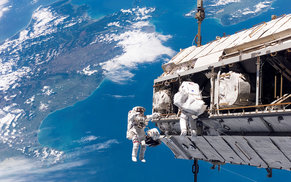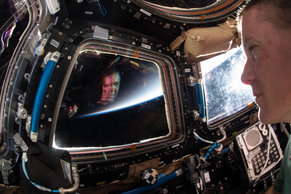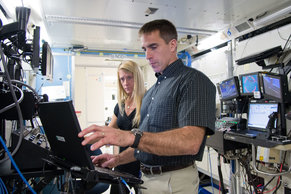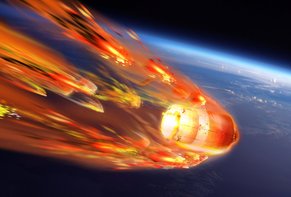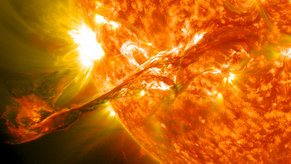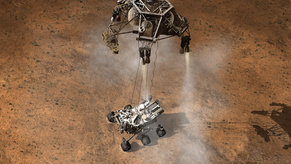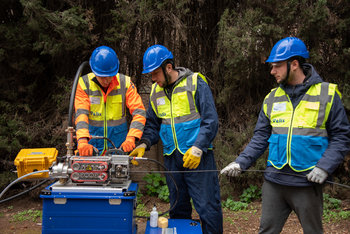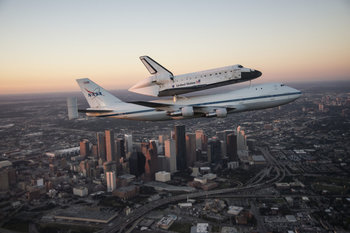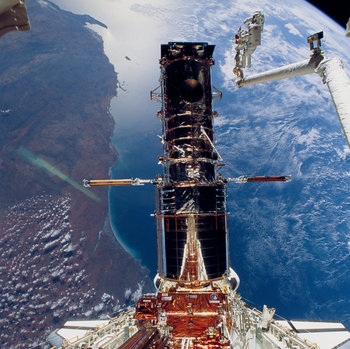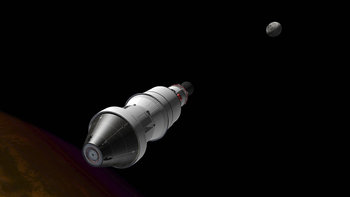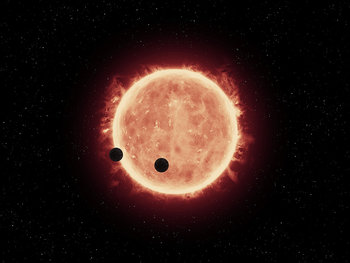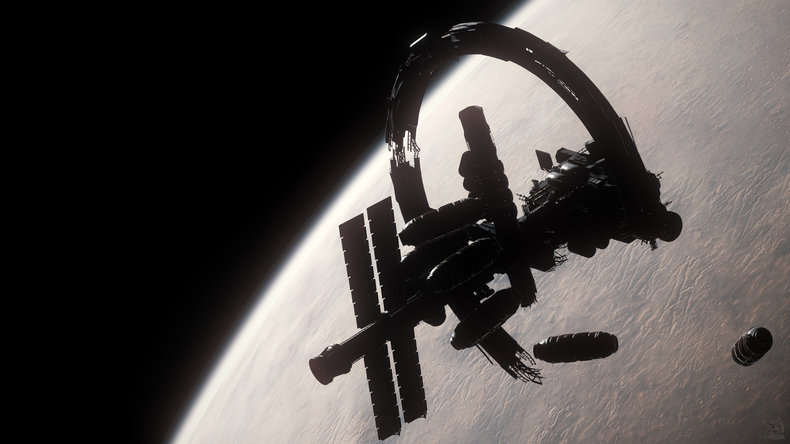
Transportation
The launch and delivery of satellites, equipment, supplies and people into space.Telecommunications
Communication and networking services such as internet connections based on satellite technology.Navigation
Systems for determining the location of devices on the Earth such as the Global Positioning System (GPS).Earth Observation
The gathering of information about the Earth for purposes such as weather forecasting, disaster management, defense, security, commercial intelligence, agriculture, resource management and science.Satellite Services
The operation of satellites and related facilities such as ground stations.Aerospace Manufacturing
The design, production and maintenance of rockets and spacecraft.Robotics
Space is ideal for robotics as it can be a high risk environment. Humans require water, air and food that is not present in space whereas robots only require energy which is abundant in space as solar energy. In theory, self-replicating machines could be produced in large numbers in space to build extremely large scale infrastructure at a relatively low cost.Energy
The production of energy in space including electricity for use on Earth and rocket propellant for use in space. The intensity of sunlight in space near the Earth is about 1,360 watts per square meter whereas the average on the surface of the Earth is about 340 watts per square meter. Only a very small portion of the energy produced by the Sun reaches the Earth's atmosphere. The total energy produced by the Sun could support populations of trillions of people even if each person had a relatively lavish lifestyle.Mining
The production of materials extracted from space environments such as as asteroids.Space Manufacturing
The production of goods in space or on moons and planets besides Earth. This may eventually exceed the production of goods on Earth as space is resource and energy rich. Shifting production to space could also benefit Earth's environment if done in a sustainable way that reduces industrial waste and land footprint on Earth.Air & Water
Water and breathable air are precious commodities in space and an industry could evolve around their production.Space Farming
The production of food and other organic materials in space. Initially, this would be used to supply people working or visiting space. Crops can also be used to produce oxygen in space from carbon dioxide produced by people or industrial processes. Due to the abundance of solar energy in space, it is possible that Earth's populations could also be eventually fed with food from space.Computing
It may be possible to deploy data centers to cool environments in space and make use of ubiquitous solar power.Science
The Earth is a tiny spec in a large universe such that non-Earth environments are of great interest to Science.Research & Development
The process of innovation whereby new value is discovered and commercialized. It may be possible to experiment at great scale in space without risking impacts on Earth.Space Tourism
Allowing people to experience space for a fee.Education
Educational experiences in space such as an opportunity to conduct research in space environments.Service Industry
Services provided to workers, students and tourists in space such as a hotel, restaurant or gym.Risk Management
The management of space related risks, for example, insurance for commercial installations in space.Space Environment
Cleaning up or preventing damage to the space environment. Despite the space industry being in its initial stages, space junk in orbit around the Earth has become a risk to space infrastructure and Earth itself due to the presence of hazardous materials such as nuclear reactors.Disaster Prevention
The reduction or avoidance of risks to Earth from space, particularly asteroid impact prevention.Space Finance
Space has potential for capital intensive projects beyond anything attempted on Earth that may require a great deal of capital. As space industries grow, it is possible that the capital deployed in space will exceed that of Earth.Colonies
The development of outposts, cities, societies and civilizations in space or on alien planets and moons. This would require massive investments in space infrastructure and spacecraft.Sustainability
Rockets produce significant air pollution in the form of gases and particles directly delivered into the middle and upper atmosphere. This may exhibit Jevons paradox whereby more efficient rockets make space transport more affordable, causing more rockets and more pollution. Nevertheless, it is also possible that the space industry will eventually benefit the Earth's environment in some way. In theory, all industry could be shifted to space leaving the Earth for nature and culture. This could be introduced as an early business model for space enterprises whereby value is created by shifting risks from Earth to space environments.| Overview: Space Industry | ||
Type | ||
Definition (1) | Economic activity that occurs in space. | |
Definition (2) | The production of value beyond the karman line. | |
Related Concepts | ||

